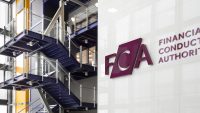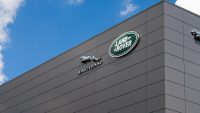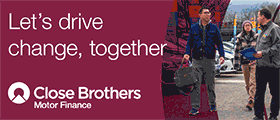Tesla has been forced to recall more than two million cars after its Autopilot system was ruled to be partly defective.
The EV giant has been under investigation by the US National Highway Traffic Safety Administration (NHTSA) for two years, following a series of collisions linked to its partially automated driving system.
The US safety regulators have now ordered the system be updated in order to increase warnings and alerts to drivers and even limit the areas where basic versions of Autopilot can operate.
It means that almost all Teslas sold in the US have had to be recalled in a major blow to the Elon Musk-led company.
The NHTSA says its investigation found Autopilot’s method of making sure that drivers are paying attention can be inadequate and can lead to ‘foreseeable misuse of the system’.
Safety experts say that, while the recall is a good step, it still makes the driver responsible and does not fix the underlying problem that Tesla’s automated systems have trouble spotting and stopping for obstacles in their path.
The recall covers models Y, S, 3 and X produced between October 5 2012, and December 7 of this year.
The update was to be sent to certain affected vehicles on Tuesday, with the rest getting it later. Cars sold in the UK have not been affected at this stage.
According to recall documents, agency investigators met with Tesla starting in October to explain ‘tentative conclusions’ about fixing the monitoring system.
Tesla did not concur with the NHTSA’s analysis but agreed to the recall on December 5 in an effort to resolve the investigation.
Auto safety advocates have been calling for stronger regulation of the driver monitoring system, which mainly detects whether a driver’s hands are on the steering wheel, for years.
They have also called for cameras to make sure a driver is paying attention, which are used by other automakers with similar systems.
Philip Koopman, a professor of electrical and computer engineering at Carnegie Mellon University who studies autonomous vehicle safety, called the software update ‘disappointing’.
He said: ‘The compromise is disappointing because it does not fix the problem that the older cars do not have adequate hardware for driver monitoring.’
In its statement, the NHTSA said the investigation remains open ‘as we monitor the efficacy of Tesla’s remedies and continue to work with the automaker to ensure the highest level of safety’.
Autopilot can steer, accelerate and brake automatically in its lane, but is a driver-assist system and cannot drive itself despite its name.
Independent tests have found that the monitoring system is easy to fool, so much so that drivers have been caught while driving drunk or even sitting in the back seat.
In the UK, the Driver and Vehicle Standards Agency said it was not aware of any safety issues involving Teslas, due to differing technology in cars sold on this side of the Atlantic.
A spokesman for the agency said: ‘Teslas sold in the UK market are not self-driving and are not approved to do so.’



































